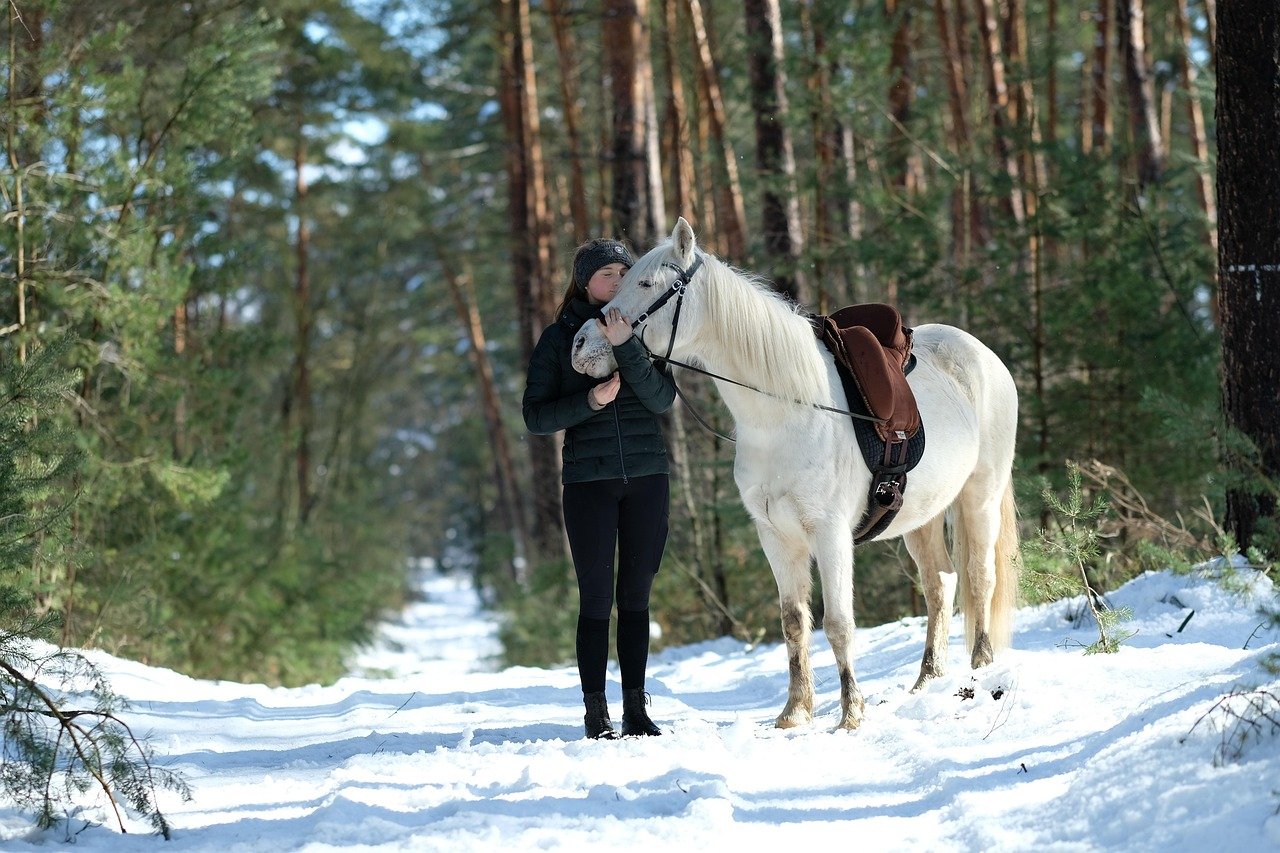Have you ever locked eyes with a horse and felt as if it understood you completely—your joys, your fears, your secrets? There’s something almost magical about the bond between humans and horses. It goes much deeper than riding or caring for an animal. Horses have an uncanny way of reflecting our deepest emotions back to us, acting as gentle mirrors for our souls. For many, spending time with these majestic creatures isn’t just a hobby; it’s a path to emotional healing and self-discovery. Let’s journey into the extraordinary world where hooves and hearts connect in life-changing ways.
The Emotional Sensitivity of Horses
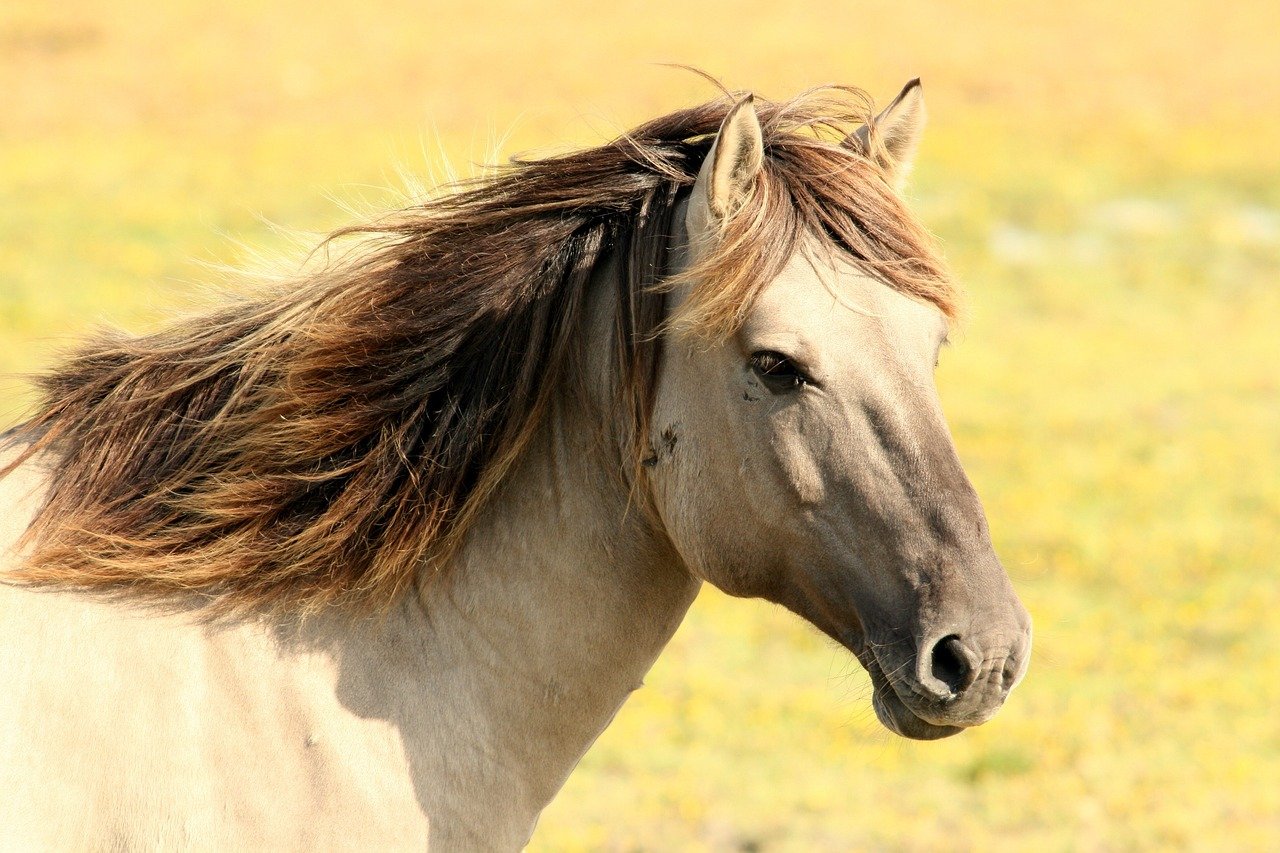
There’s something undeniably powerful about the quiet presence of a horse. Beyond their strength and grace lies a deeper wisdom—one that speaks not with words, but with energy, intuition, and silent understanding. For centuries, humans have turned to horses not just for work or sport, but for connection. In their eyes, many of us find reflection; in their stillness, we discover healing.
Horses are among the most emotionally sensitive animals on the planet. They don’t just sense what’s happening around them—they feel it in their bones. Because they are prey animals, horses have evolved to pick up on the slightest shifts in energy, body language, and tone of voice. If you approach a horse when you’re anxious, it will often become restless or wary. Walk up with a calm heart, and you’ll likely find the horse more relaxed. This sensitivity means that horses are constantly reading the emotions of humans nearby, responding in ways that can seem almost telepathic. Their ability to tune into our feelings makes them uniquely powerful companions for anyone seeking emotional healing or greater self-awareness.
Why Horses Mirror Human Emotions
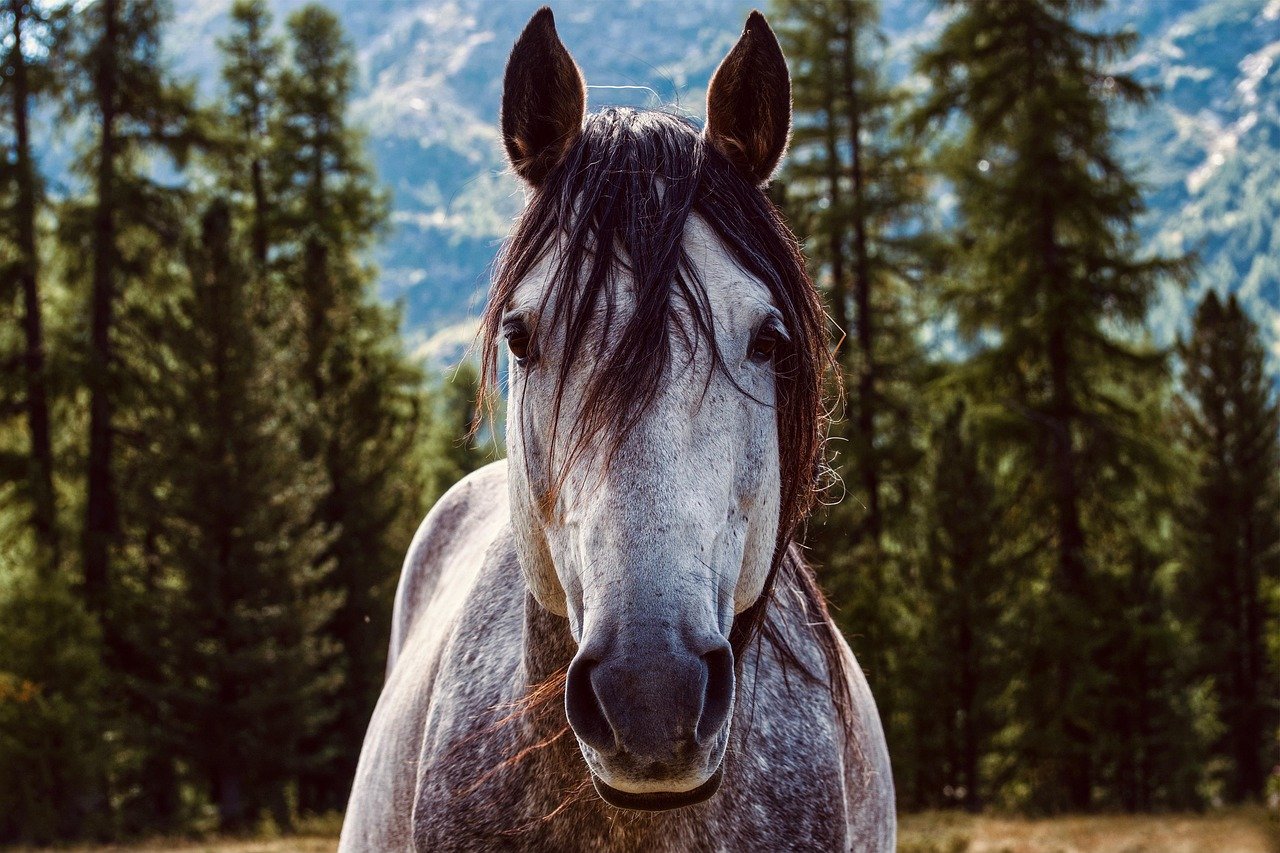
Unlike many animals, horses don’t hide their reactions. If you’re nervous, they show nervousness; if you’re joyful, they seem to brighten up too. This mirroring is not just coincidence—it’s built into their biology as a survival strategy. Horses depend on the herd for safety, so attuning themselves to each other’s emotional states is vital. When humans enter their world, we become part of their “herd,” and they respond to us just as they would to another horse. This mirroring effect is both humbling and enlightening. It encourages us to become aware of our own emotional states, as horses reflect them back with clear honesty.
Building Trust Through Connection
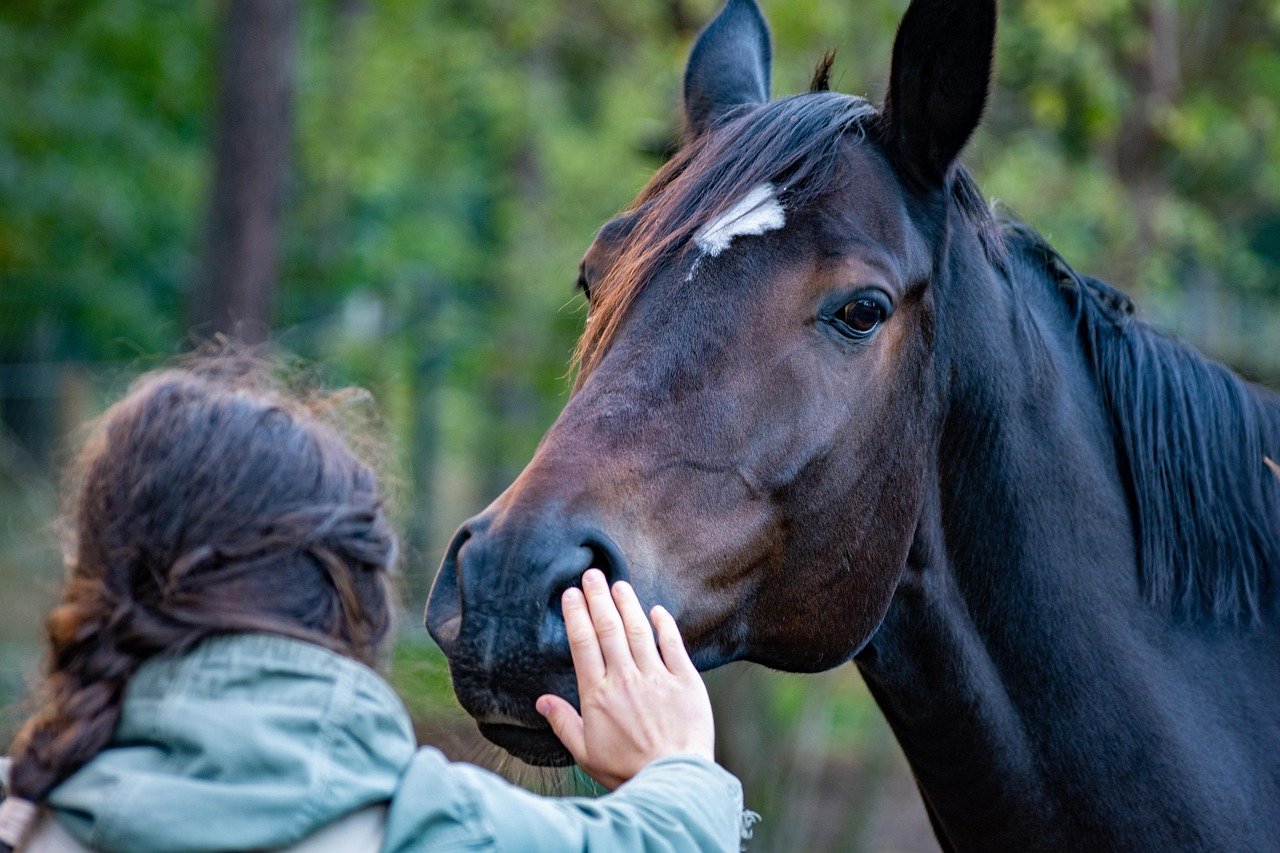
Trust is the cornerstone of the relationship between horse and human. Unlike dogs, horses don’t automatically trust people—they need to feel safe and respected first. Building this bond requires patience, gentleness, and consistency. When you approach a horse with authenticity, it responds in kind, teaching you the value of honesty and vulnerability. The process of earning a horse’s trust can be transformative, as it invites you to drop your guard and communicate from the heart. This trust-building experience often translates into other areas of life, helping people develop stronger, healthier relationships with others.
Equine Therapy: Healing Through Horses
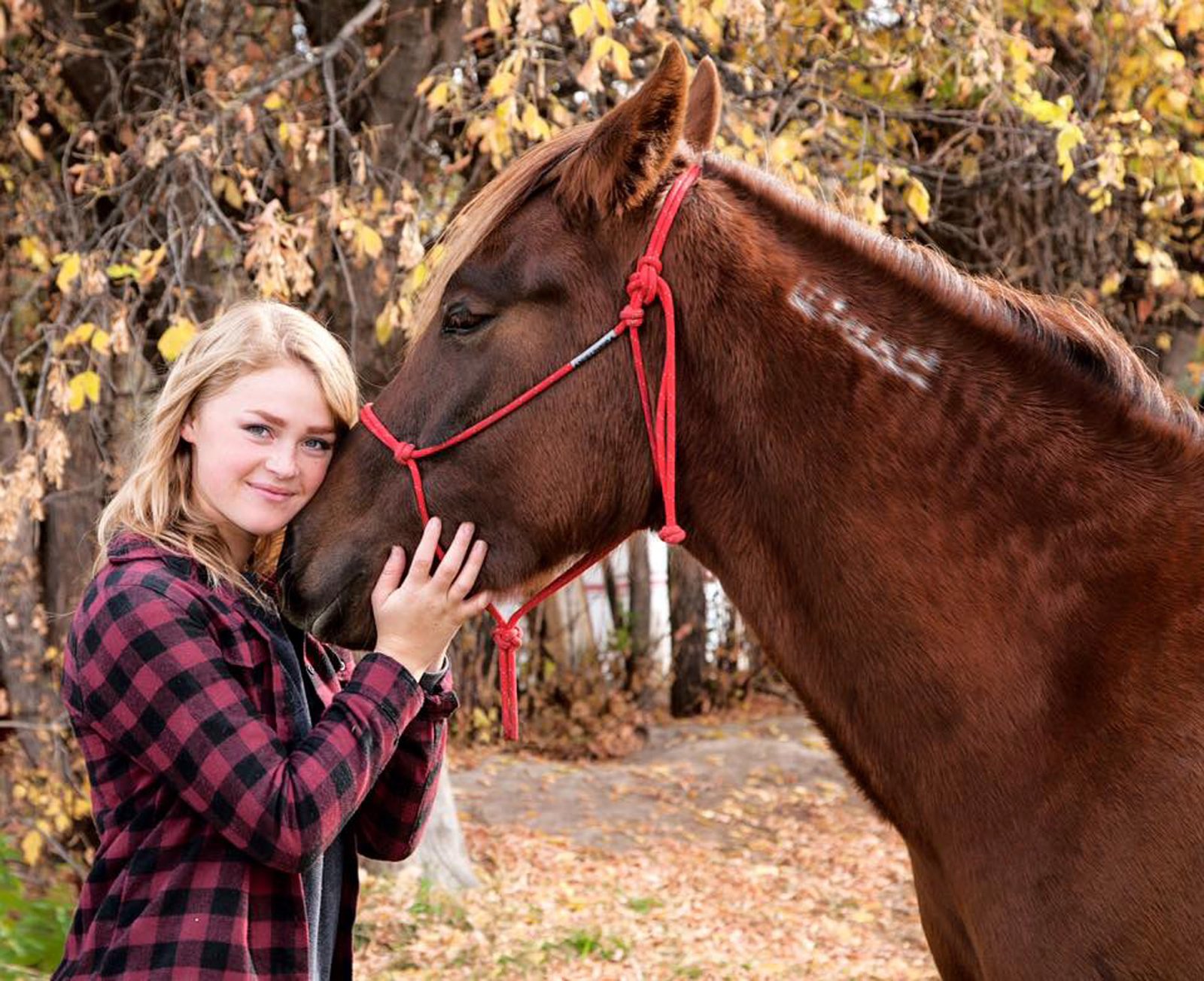
Equine-assisted therapy has changed countless lives. In these programs, individuals work with horses under the guidance of trained therapists to address emotional challenges like anxiety, depression, trauma, and grief. Unlike traditional talk therapy, equine therapy is experiential—it’s about action, presence, and feeling. Horses provide nonjudgmental feedback, helping participants recognize and change unhelpful patterns. For example, someone who struggles with anger may notice that a horse becomes agitated in their presence, encouraging self-reflection and growth. Many people find that the healing they experience with horses goes deeper and feels more lasting than anything they’ve found elsewhere.
The Power of Nonverbal Communication
Horses communicate primarily through body language, not words. To connect with them, we must learn to listen in new ways—watching, feeling, and responding to subtle cues. This nonverbal exchange teaches us to be more mindful, present, and aware of our own bodies. It also helps us become better communicators with other humans, as we start to notice the unspoken signals people send every day. Working with horses is like learning a new language, one built on trust and mutual respect rather than spoken commands. This deep, silent conversation can be profoundly healing for anyone who’s ever felt misunderstood or unheard.
Letting Go of Control and Embracing Vulnerability
Many people come to horses hoping to “master” them, only to discover that control is an illusion. Horses respond best to gentle leadership, not force. They teach us that letting go of control and embracing vulnerability leads to deeper connection. When we let down our guard, horses sense it immediately and often become more cooperative and affectionate. This lesson is especially important for those who struggle with perfectionism or fear of failure. Horses remind us that it’s okay to be imperfect, to make mistakes, and to show our true selves. In their presence, vulnerability becomes a source of strength, not weakness.
Horses and Mindfulness: Living in the Moment
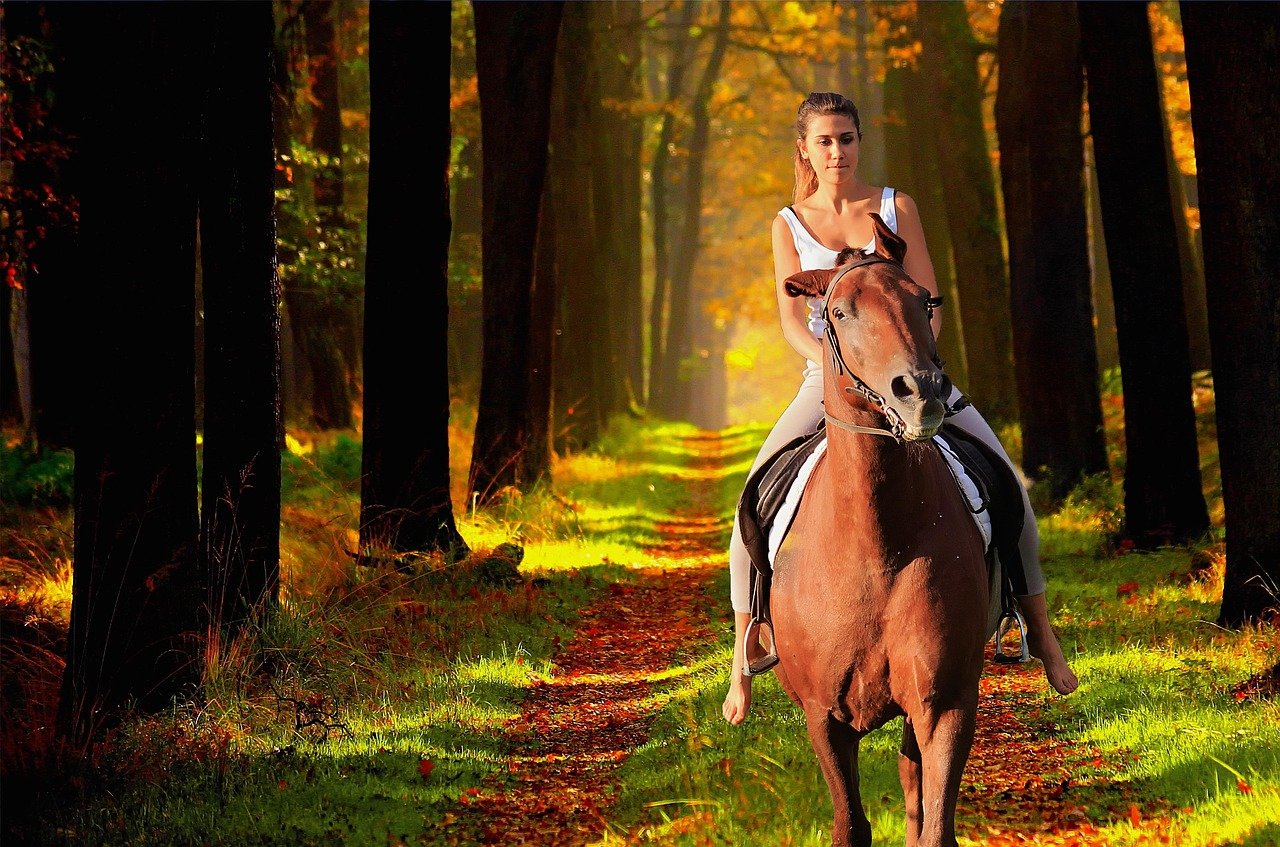
Horses live entirely in the present. They don’t dwell on the past or worry about the future—they respond to what’s happening right now. Being with horses encourages us to slow down, breathe, and pay attention to the present moment. This kind of mindfulness has powerful benefits for mental health, reducing stress and promoting emotional balance. Just grooming a horse or standing quietly in its company can feel like meditation. The steady rhythm of their breath, the warmth of their body, and the peacefulness of their presence invite us to let go of worries and simply be.
Empathy and Emotional Growth
Spending time with horses naturally cultivates empathy. Because horses are so attuned to our feelings, we learn to tune in to theirs as well. Understanding a horse’s fears, preferences, and moods teaches us to see the world from another’s perspective. This skill often extends to human relationships, making us more compassionate partners, friends, and family members. Horses also teach us to be patient with ourselves and others, as every interaction is a new opportunity for growth and understanding. In the gentle eyes of a horse, many people discover a kind of empathy they never knew they had.
Transforming Trauma Into Strength
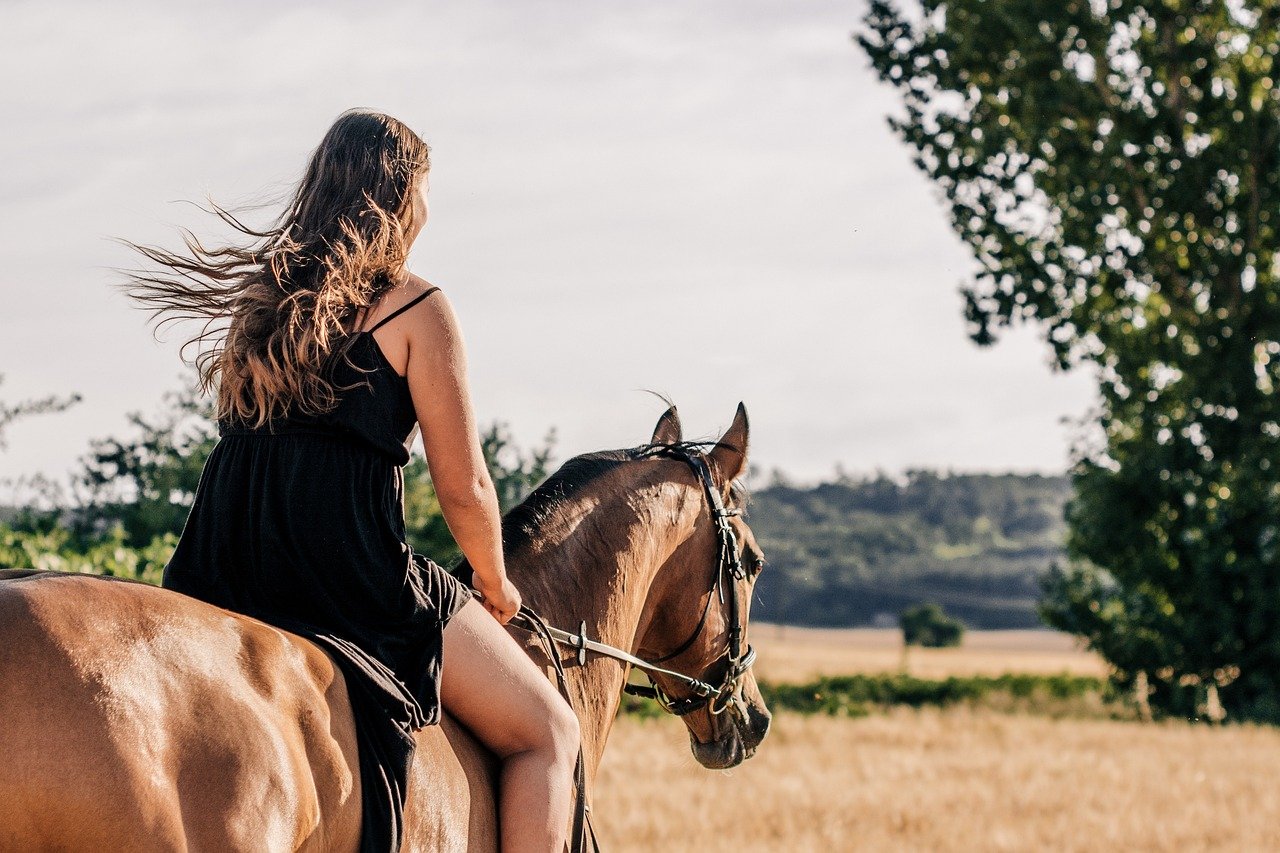
For those who have experienced trauma, horses can be powerful allies in the healing process. Trauma often leaves people feeling disconnected, unsafe, or unworthy. Horses, with their gentle presence and honest feedback, help restore a sense of safety and trust. They don’t judge or criticize—they simply respond. This acceptance allows people to process difficult emotions and begin to rebuild their sense of self-worth. Many describe their time with horses as life-changing, providing a safe space to transform pain into resilience and hope.
Stories From the Saddle: Real-Life Transformations
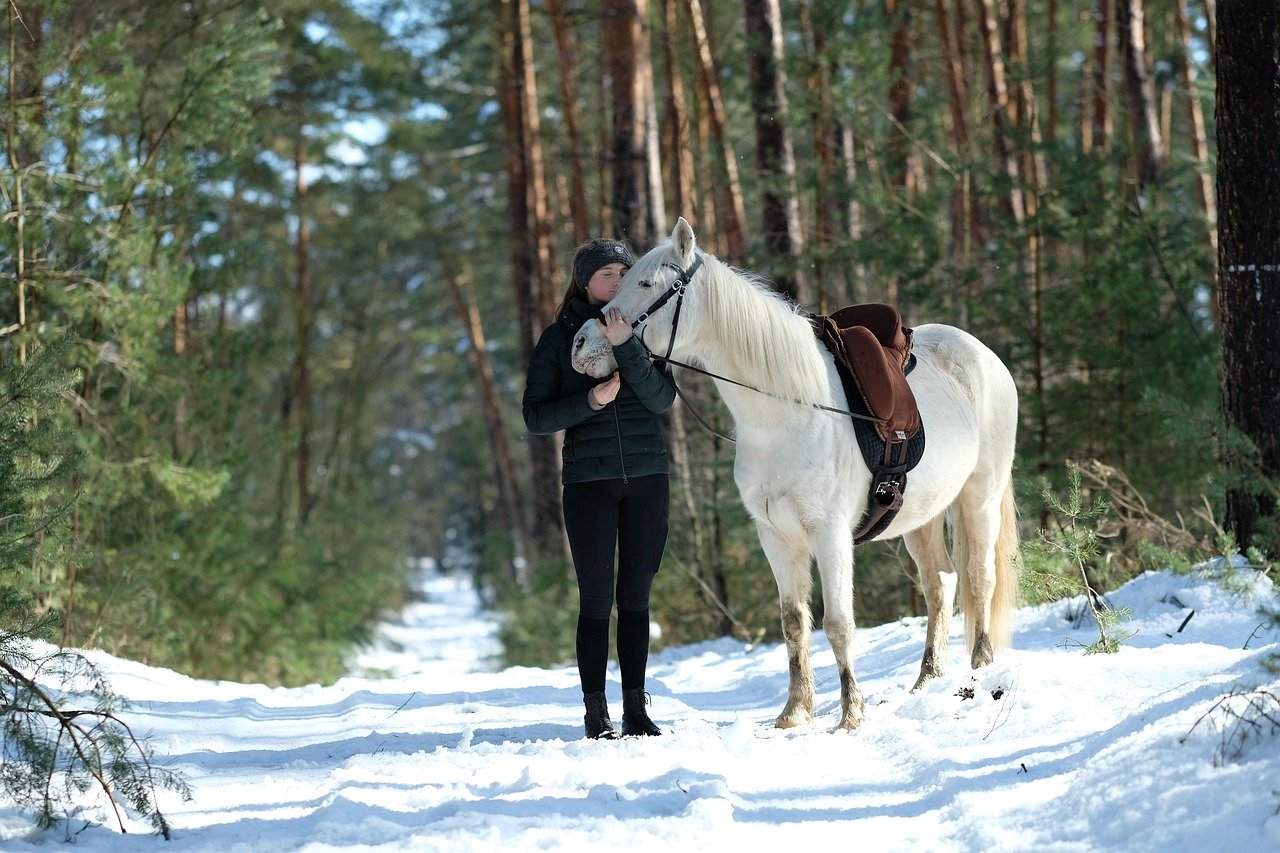
Nothing illustrates the healing power of horses like real stories. There are countless accounts of individuals who found solace and strength in the presence of these animals. A child with autism speaks their first words while stroking a horse’s mane. A war veteran finds peace after years of nightmares by riding through quiet fields. A grieving parent learns to smile again, feeling understood by a horse when words fail. These stories are not rare—they are happening every day in stables and fields around the world. Each one is a testament to the profound connection between horse and human, and the extraordinary ways that horses help us heal.
What might you discover if you let a horse show you the way to your own heart?
Jen is a passionate nature lover and ocean conservationist. She has dedicated her life to protecting the environment and preserving the beauty of the natural world. Growing up in a small coastal town, Jen sincerely appreciated the ocean and its inhabitants. She has spent countless hours exploring the shoreline, learning about the creatures that inhabit the waters, and advocating for their protection. Jen is an active member of ocean conservation organizations, and she is committed to educating the public about the importance of conserving wildlife and the natural environment.

